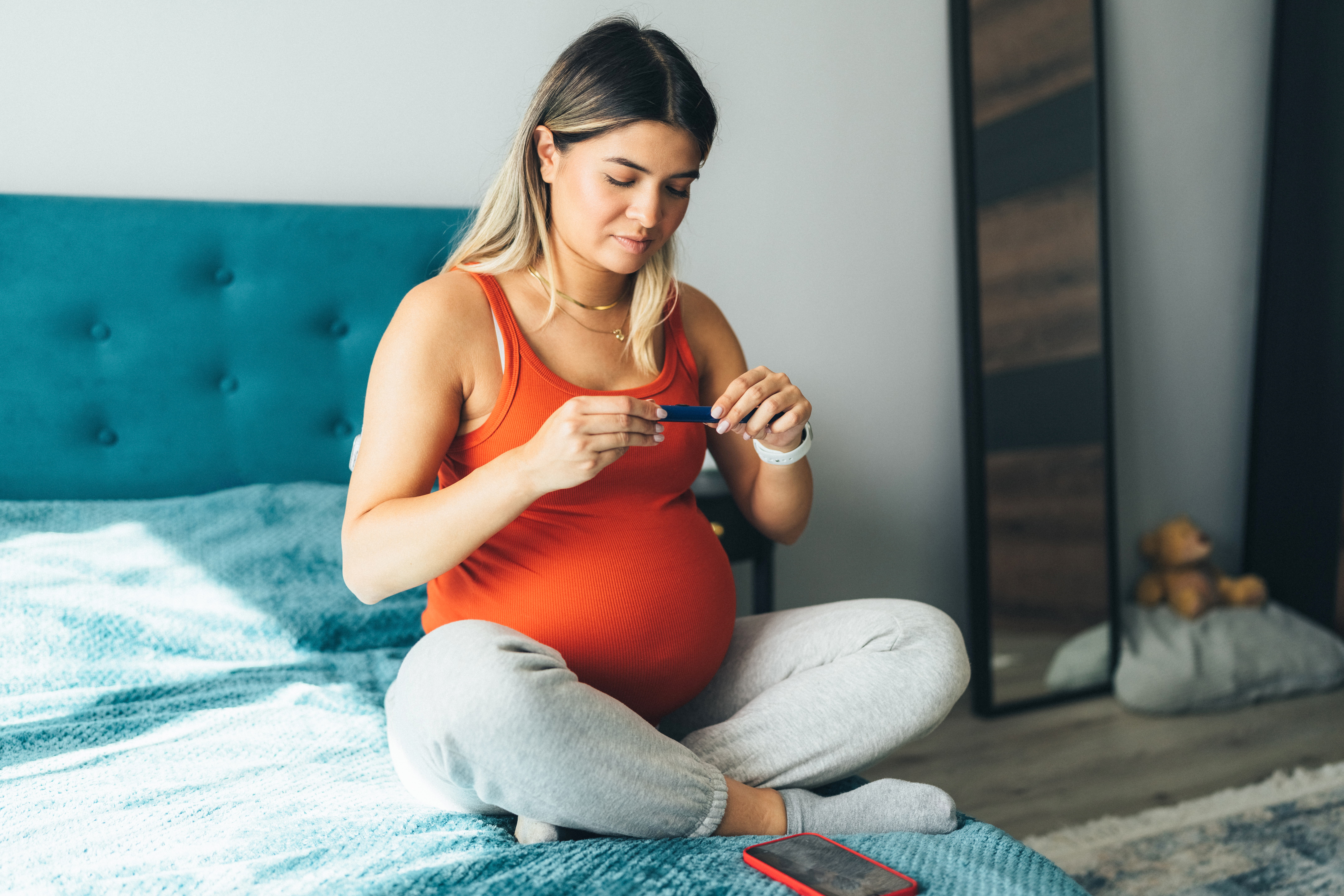
Initiating colorectal cancer screening earlier, at age 45 years rather than 50 years, substantially reduces the risk for colorectal cancer (CRC), including younger-onset disease, in women, according to a new study data from Massachusetts General Hospital.
The findings, published in JAMA Oncology, support recent recommendations from the American Cancer Society and the US Preventive Services Task Force to lower the age for screening initiation to 45 years for individuals at average risk in response to increasing CRC incidence among people younger than 50 years.
“While there’s been an alarming increase in the incidence of colorectal cancer in recent decades in younger individuals, screening has largely been focused on people over 50,” said Andrew Chan, a gastroenterologist and epidemiologist at Massachusetts General Hospital, and senior author of the study. “Our work provides first-of-its-kind data to show that initiating screening at a younger age can reduce an individual’s risk of colorectal cancer and the population’s overall incidence of cancer, thus demonstrating the substantial impact of earlier screening on both individual and population-wide scales.”
The analysis included data for 111,801 women who participated in the Nurse’s Health Study II between 1991 and 2017. During 26 years of follow-up, 78,305 women reported having at least one endoscopy and 519 CRC cases were diagnosed. Overall, the main reason for endoscopy was a family history of CRC or routine screening, but having symptoms was the most common reason for women under 50 years of age.
After adjustment for several potential confounders, including age, family history of CRC, and BMI, Chan and colleagues found that endoscopy was associated with a significantly reduced risk for CRC across all age groups compared with no endoscopy, but the benefits were greatest among the youngest women.
Specifically, initiating endoscopy before age 45 years was associated with a significant 63% lower risk for CRC versus no endoscopy, while the risk reductions were a significant 57%, 53%, and 54%, when endoscopy was initiated at ages 45 to 49, 50 to 54, and 55 years or older, respectively.
In terms of absolute risk, this translated to 72 fewer cases per 100,000 people up to 60 years of age when screening was started between 45 and 49 years of age versus 50 and 54 years of age.
The researchers also found that that earlier endoscopy was associated with greater reductions in the risk for younger-onset (<55 years of age) CRC, of which there were 299 cases in this cohort.
Women who initiated endoscopy before 45 years of age had a 55% lower risk for younger-onset CRC than those who did not undergo endoscopy. For those who had their first endoscopy between the ages of 45 and 49 years or 50 and 54 years, the risk reductions were a respective 57% and 50%.
Chan points to the substantial public health implications of his team’s research. “Any trepidation that clinicians might have had about the effectiveness of CRC screening at a younger age will hopefully be allayed by these results,” he said. “Our data show that we have an effective tool to address the epidemic of colorectal cancer among younger adults, and hopefully this will encourage physicians to have a conversation about screening with their younger patients which, in turn, will motivate them to follow through and get screened.”
However, he and his co-authors also note that the study had some limitations, including the fact that it only included women and was not able to examine the potential impact of initiating screening at an earlier age with non-invasive modalities, such as fecal immunochemical testing or fecal DNA tests.











